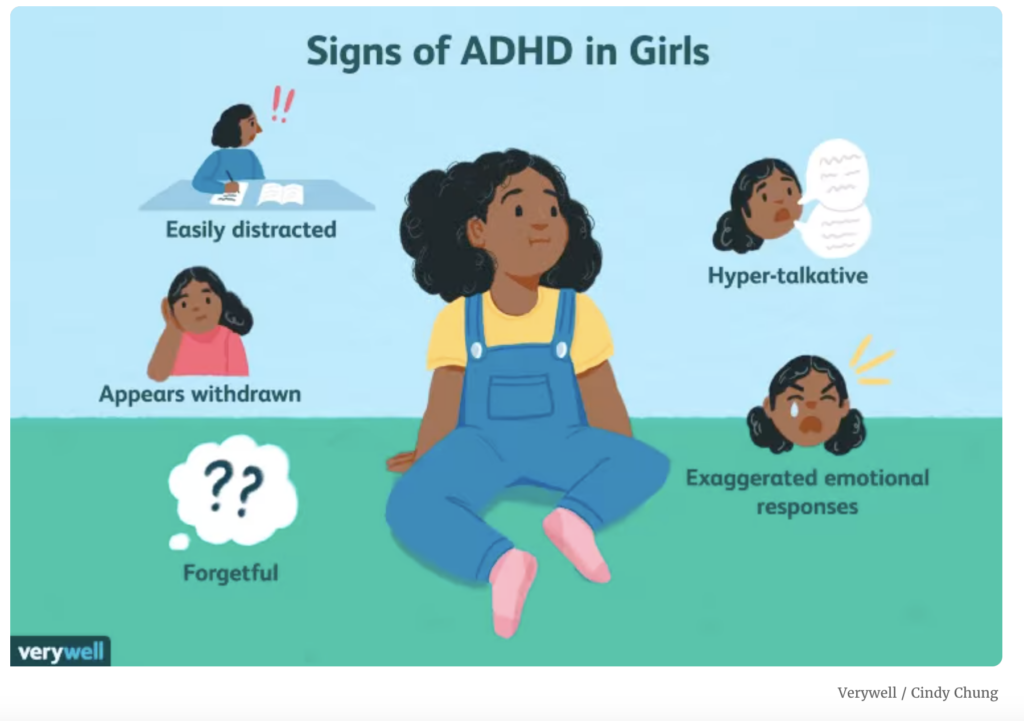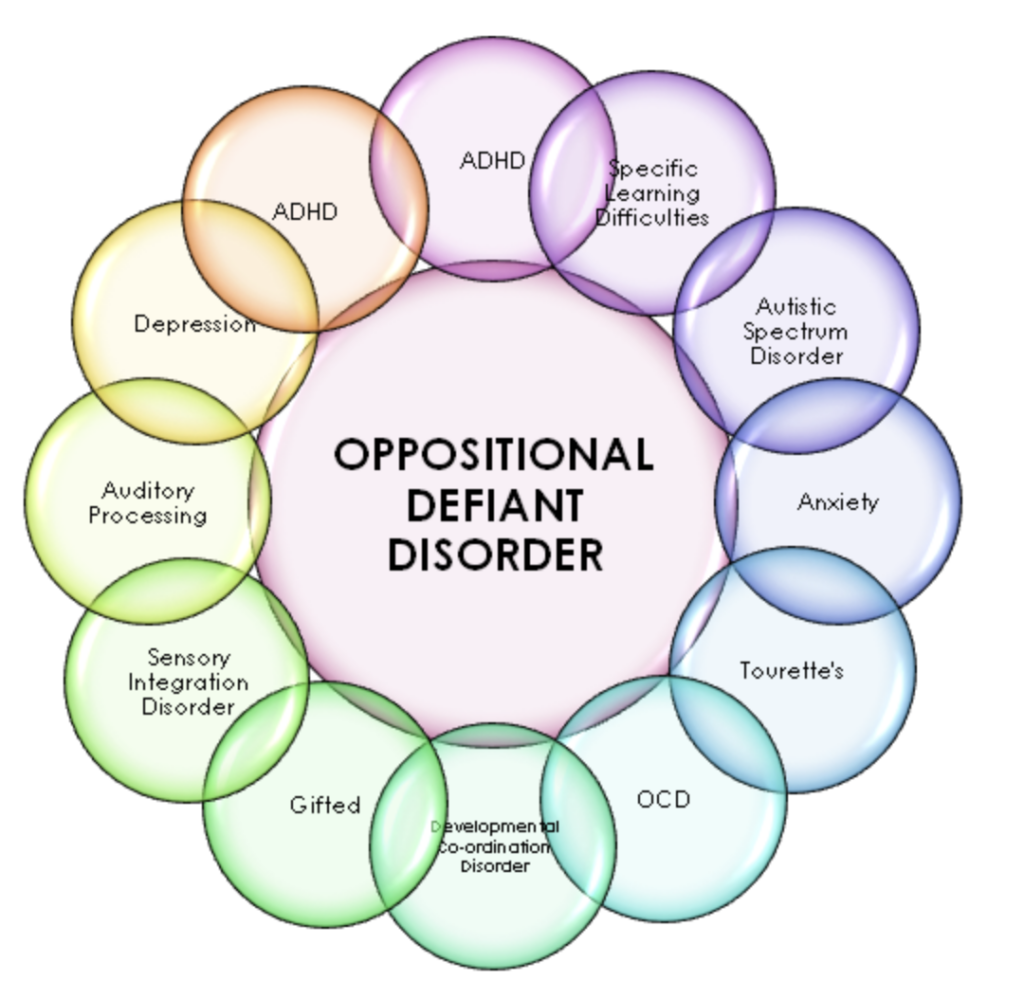EDUC 601 started as something very scary for me. It was the first research course I had taken in years, and there was a lot of information coming at me very quickly. I went through the course reviewing a chapter from Educational Research: Planning, Conducting, and Evaluating Quantitative and Qualitative Research on Correlational Designs and listening to different research methods each week. At first, I felt overwhelmed, but what I found most profound in my journey through this course was how it set me up to complete research throughout the rest of the program. The foundational knowledge and research strategies I gained in EDUC 601 provided me with the tools and confidence to approach research more effectively in future courses, allowing me to better analyze and apply research methods to my work in education.
What I value about my papers on ADHD in girls and Oppositional Defiant Disorder is that they emphasize the importance of understanding and knowledge when it comes to supporting students with these conditions. These two papers were arguably the most research-intensive projects I completed throughout the entire program, requiring me to delve deeply into the literature and explore the complexities of these diagnoses. Through this process, I gained a much greater understanding of the challenges faced by students with ADHD and ODD, as well as the critical need for informed strategies and approaches in education.
ADHD in girls is often not talked about enough and can be easily overlooked in a classroom setting. Girls tend to mask their symptoms better than boys, which means their struggles may go unnoticed. In my paper on ADHD in girls, I made several recommendations to better support these learners, such as explicitly teaching appropriate social behaviors, providing conflict resolution training for teachers, modifying the classroom environment to be more calm and organized, offering one-on-one support, and implementing strategies that promote independence. Similarly, in my paper on Oppositional Defiant Disorder (ODD) which is often comorbid with other exceptionalities, I highlighted many of the same strategies to support students with this condition. Both papers emphasize the need for awareness, tailored support, and proactive interventions to create an inclusive and supportive learning environment for students facing these challenges.
While I believe individualization is essential to effectively plan for students with ADHD, ODD, or other exceptionalities to succeed in the classroom, I also think that whole-scale changes using a Universal Design for Learning (UDL) framework can benefit all learners. Ensuring that all children receive social-emotional learning programs or are provided with a calm and organized classroom environment are simple, sustainable practices that support every student. As students grow, fostering independence is key, and one way to do this is by focusing on identity and embracing differences. It’s important for students to not only recognize their strengths but also understand their weaknesses. We need to model how to ask for help and demonstrate how to use strategies that align with their unique identities. By doing so, we empower students to realize they are capable of achieving whatever they set their minds to, as long as they have the right tools and support.


